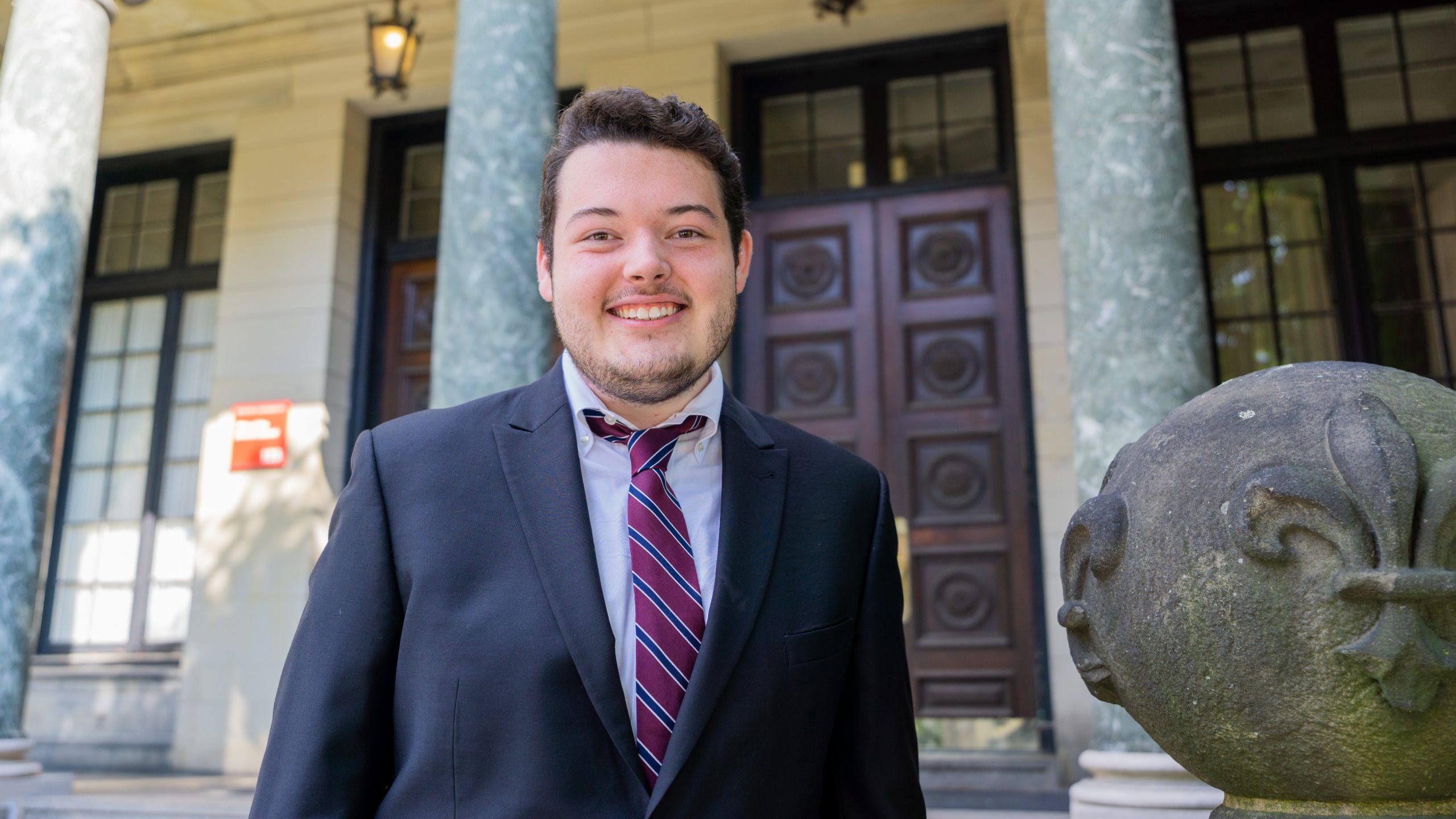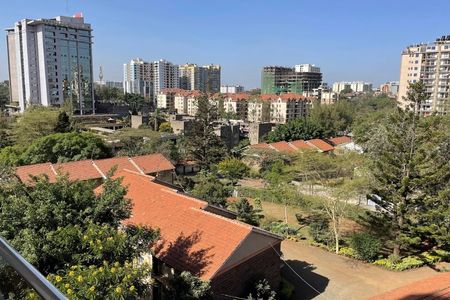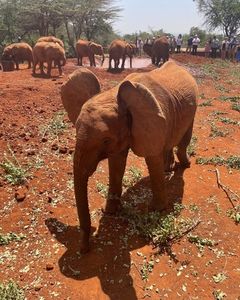Joshua Wright (BA IR ’22) Shares Story of Field Research in Kenya

As part of his undergraduate honors thesis, Joshua Wright (BA IR, Pardee ’22) explored the role of political and religious elites in Kenya – political candidates, Christian clerics, etc. – in facilitating the oppression of the country’s LGBTQ+ population. While he conducted a great deal of his research at Boston University’s Charles River campus, Josh ultimately realized he needed to get out in the field, engage with the community he was researching, and break out from the on-campus environment to gain more meaningful insights for his project. With support from the Frederick S. Pardee School of Global Studies’ Keylor Travel Grant, Josh traveled to Kenya for an eye-opening research experience. The Pardee School spoke with Josh to understand why he pursued research abroad, the opportunities made available to him through the Keylor Grant, and what made his experience so enriching.
Josh was exposed to the historical conditions and institutional challenges facing divided societies as part of courses taught by Pardee School Professor Shamiran Mako. It was these courses and his interest in Mako’s research that drove him to explore his intellectual curiosity. “I was drawn to her work on state-building in the post-colonial environment and thus, sought an opportunity to connect Kenya’s state formation with the human experiences of Africa’s increasingly-marginalized LGBTQ population,” explains Josh. With his honors thesis topic flushed out, the Keylor Grant funding secured, as well as instruction in Kiswahili – the language of Kenya – and a Kenyan cultural crash course with Pardee School Senior Lecturer Judith Mmari, Josh was prepared for his journey.
 Over the course of two weeks, he visited LGBTQ organizations in Kenya, accessed archives in Nairobi’s public libraries, and immersed himself in the culture of East Africa, which included local bookshops that use literature to engage in political discussions. This experience was vital to Josh’s research as being on the ground provided real lived knowledge from the perspective of the Kenyan LGBTQ+ community and local governments that couldn’t be portrayed in literature. “There are so many misconceptions about Africa in the United States that it’s almost impossible to understand African subjectivities without conducting fieldwork. I thoroughly enjoyed experiencing the bustling nature of urban Kenyan while also discussing the complex topic of sexuality in Kiswahili with youth in bookshops and restaurants.”
Over the course of two weeks, he visited LGBTQ organizations in Kenya, accessed archives in Nairobi’s public libraries, and immersed himself in the culture of East Africa, which included local bookshops that use literature to engage in political discussions. This experience was vital to Josh’s research as being on the ground provided real lived knowledge from the perspective of the Kenyan LGBTQ+ community and local governments that couldn’t be portrayed in literature. “There are so many misconceptions about Africa in the United States that it’s almost impossible to understand African subjectivities without conducting fieldwork. I thoroughly enjoyed experiencing the bustling nature of urban Kenyan while also discussing the complex topic of sexuality in Kiswahili with youth in bookshops and restaurants.”
Additionally, the experience of being in the field acted as a paradigm shift and forced him to take on a new perspective when it came to his work.
We are in a bubble that allows us to write critically and propose ideas that might invoke emotional responses. In the field, however, the language we use and questions we pose to people have tangible consequences. We could be detained, assaulted, or complicit in both. The Keylor Grant forced me to listen, think, and process much more than I had in Boston, and I believe I am a more responsible researcher and will be a stronger journalist in the future.
 Josh will be moving to Nairobi, Kenya in the Fall to work as a freelance journalist covering politics, governance, and conflict in sub-Saharan Africa before attending graduate school.
Josh will be moving to Nairobi, Kenya in the Fall to work as a freelance journalist covering politics, governance, and conflict in sub-Saharan Africa before attending graduate school.
Applying for the Keylor Grant changed the projection of Josh’s research journey, and it is something that he recommends to all Pardee School students, “especially those participating in the honors program.” In discussing the grant and what it afforded him, Josh noted he got the chance to challenge his preconceived notions, break from the traditionally Western-focused educational paradigm of the U.S., and really become engulfed in a new culture.
One of the first lessons I learned while reading post-colonial literature was the importance of rejecting Western exceptionalism and understanding that our perspective might not reflect that of the communities involved. The Keylor Grant is the perfect opportunity to embrace a new culture, approach the topic from an entirely different angle, and challenge your preconceived notions about a community or state.
Supporting student research like Josh’s is a point of pride for the Pardee School, and we encourage our students to pursue every opportunity afforded to them in their time at BU. If you are interested in undertaking your own global research, visit the Pardee School’s Travel Grants page for detailed information on grant opportunities and resources.
If you or someone you know is interested in sharing their Pardee School global research story, please contact Pardee School Communications Specialist Andrew Luckett.